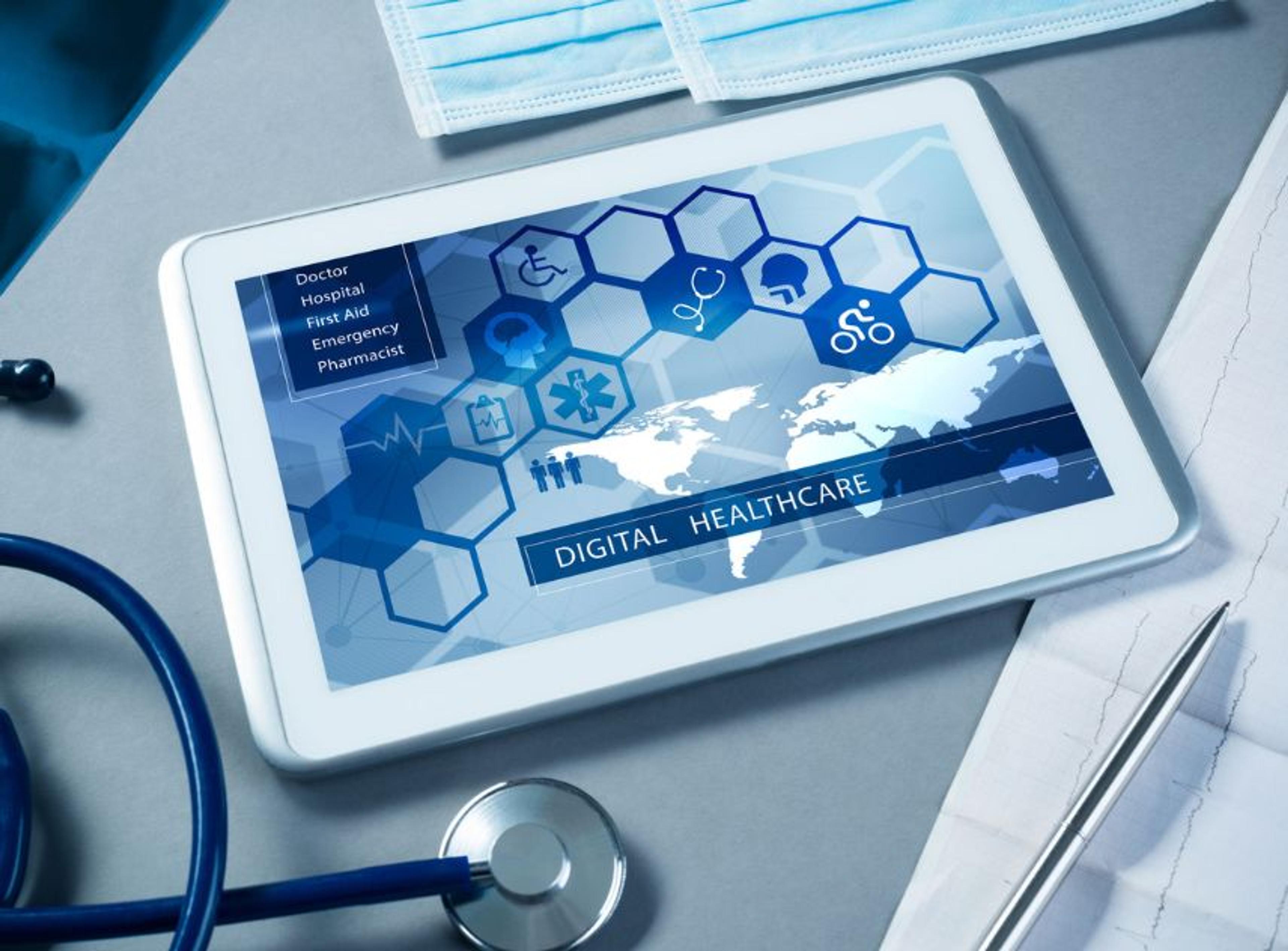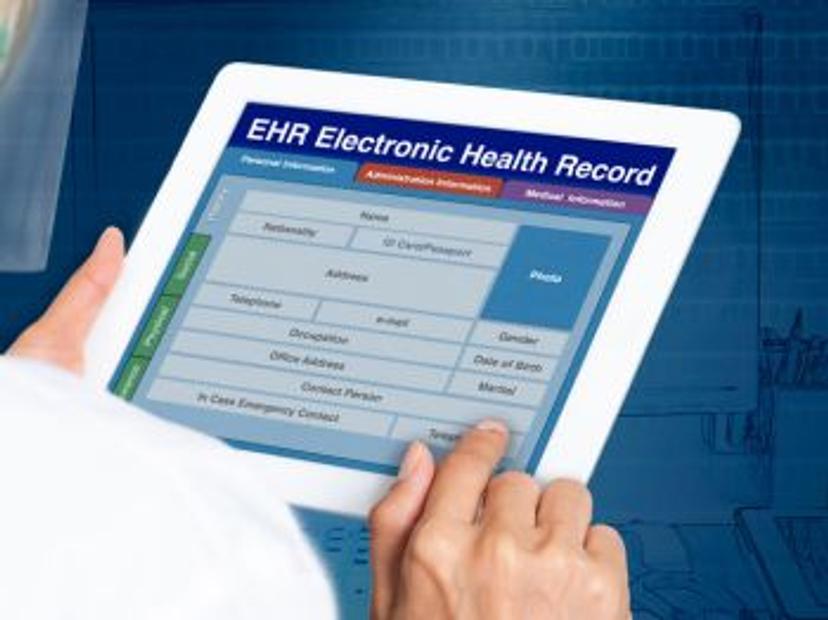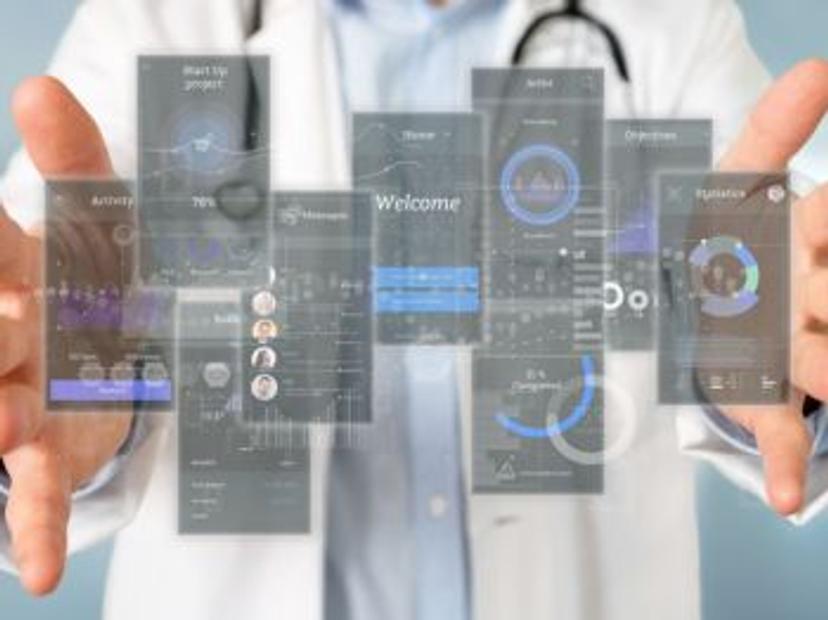Digital transformation in healthcare challenges clinical labs
An introduction to the challenges and considerations for clinical labs embarking on digital transformation in healthcare
11 Jun 2024
Embracing digital transformation is not merely an option but a necessity to thrive in the rapidly evolving healthcare ecosystem
From streamlining administrative processes to enhancing patient care outcomes, the impact of digital technologies is reshaping the way healthcare is delivered, managed, and experienced. As clinical lab managers, biomedical scientists and clinicians, embracing digital transformation is not merely an option but a necessity to thrive in the rapidly evolving healthcare ecosystem. The digitization journey is not without challenges, stringent data protection laws, dealing with legacy systems and workforce training are just a few of the key considerations explored below.
Understanding digital transformation in healthcare
At its core, digital transformation in healthcare entails the integration of digital technologies into all aspects of healthcare delivery and management. From electronic health records (EHRs) to telemedicine platforms and artificial intelligence (AI)-driven diagnostics, digital transformation encompasses a range of technologies that optimize workflows, improve patient outcomes, and drive operational efficiencies. EHRs serve as the backbone of digital healthcare infrastructure, enabling seamless access to patient data, treatment histories, and diagnostic results across healthcare settings.

Digital transformation encompasses a range of technologies including Electronic Health Records (EHRs)
Telemedicine platforms extend the reach of healthcare services beyond traditional boundaries, facilitating remote consultations, diagnostics, and monitoring. AI-driven diagnostics leverage machine learning algorithms to analyze complex datasets, enabling predictive analytics, precision medicine, and personalized treatment plans tailored to individual patient needs.
This shift towards digitalization isn’t merely about upgrading infrastructure; it signifies a fundamental change in the approach to healthcare delivery. The patient-centric model emerges as a guiding principle, where the focus shifts from reactive treatment to proactive prevention and continuous monitoring. Patients gain greater autonomy over their health through access to their medical records, personalized health insights, and remote consultations, fostering a collaborative partnership between healthcare providers and patients.
Impact of digital transformation on healthcare
The impact of digital transformation on healthcare is profound and multifaceted, with far-reaching implications for healthcare systems worldwide. Improved efficiency and workflow optimization are among the primary benefits of digital transformation, as automation and digitization reduce administrative burdens, minimize errors, and streamline care delivery processes. Enhanced patient care outcomes are another hallmark of digital transformation, with technologies such as telemedicine enabling timely access to care, remote monitoring, and virtual consultations. Moreover, digital transformation fosters a shift towards patient-centered care models, empowering patients to take an active role in managing their health through access to digital health tools, personalized health insights, and remote monitoring solutions.
However, the journey towards digital transformation is not without its challenges and barriers. Data privacy and security concerns loom large, as healthcare organizations grapple with safeguarding sensitive patient information in an increasingly interconnected digital ecosystem. Regulatory compliance, particularly with stringent data protection laws such as the Health Insurance Portability and Accountability Act (HIPAA) in the United States and the General Data Protection Regulation (GDPR) in the European Union, adds another layer of complexity to digital initiatives. Furthermore, integrating new digital technologies with existing legacy systems poses technical challenges, requiring careful planning, interoperability standards, and robust data exchange protocols. Workforce training and change management emerge as critical factors in successful digital transformation initiatives, as healthcare professionals adapt to new workflows, technologies, and care delivery models
The future of healthcare: envisioning the next few years
Looking ahead, the future of healthcare is poised for further transformation, driven by continued advancements in digital technologies and evolving patient expectations. Expansion of telehealth services is expected to accelerate, with increased adoption of remote monitoring solutions, virtual care platforms, and telemedicine-enabled specialty services. AI and machine learning will play an increasingly prominent role in healthcare delivery, powering predictive analytics, clinical decision support systems, and precision medicine initiatives. Furthermore, the convergence of digital technologies such as genomics, wearables, and IoT devices holds the promise of unlocking new insights into disease prevention, early detection, and personalized treatment approaches.

The convergence of digital technologies holds the promise of unlocking new insights into disease prevention. @123rf.
Advancements in predictive analytics are also anticipated to transform healthcare delivery, enabling healthcare providers to anticipate and mitigate health risks before they escalate into acute conditions. By leveraging vast repositories of patient data, including electronic health records, genomic information, and real-time sensor data, predictive analytics algorithms can identify patterns, trends, and risk factors, empowering clinicians to intervene proactively and personalize treatment plans to individual patient needs. This shift towards predictive and preventive care not only improves patient outcomes but also reduces healthcare costs by averting costly interventions and hospital admissions.
Furthermore, the advent of personalized medicine and genomics is revolutionizing the practice of healthcare, unlocking new insights into the genetic underpinnings of disease and enabling tailored treatment approaches. Advances in genomic sequencing technologies, coupled with bioinformatics tools and AI-driven analytics, empower clinicians to decipher an individual's unique genetic makeup and molecular profile, guiding treatment decisions and drug selection with unprecedented precision. Personalized medicine holds the promise of more effective therapies, fewer adverse drug reactions, and better outcomes for patients across a wide range of diseases, from cancer to cardiovascular disorders.
Conclusion
As clinical lab managers, directors, biomedical scientists, doctors, and clinicians, embracing digital transformation is essential to navigating the complexities of modern healthcare delivery and staying ahead of the curve in an increasingly digital world. By harnessing the power of digital technologies, healthcare organizations can optimize workflows, improve patient care outcomes, and drive operational efficiencies, ultimately unlocking the full potential of digital transformation to shape the future of healthcare delivery on a global scale.
Lessons can be learnt from industries outside of the clinical lab. Read a case study of a leading CRO’s digital data transformation. Read an article on how AI-encompassing connectivity is the cornerstone of digital transformation. Watch this free on-demand webinar ‘Leveraging a fully connected ecosystem to achieve digital transformation’ to understand how creating a seamlessly connected laboratory ecosystem will ultimately eliminate challenges, enhance operations, and improve efficiency throughout.
